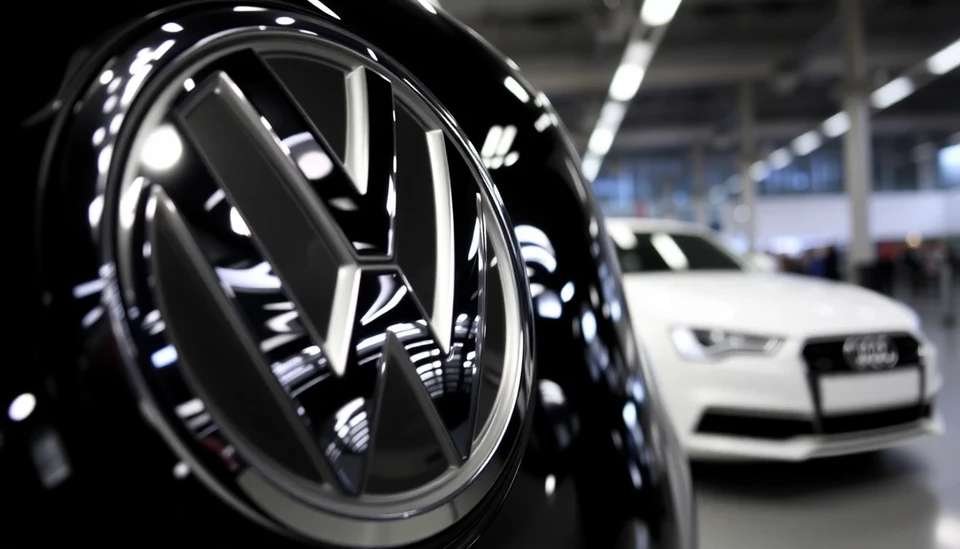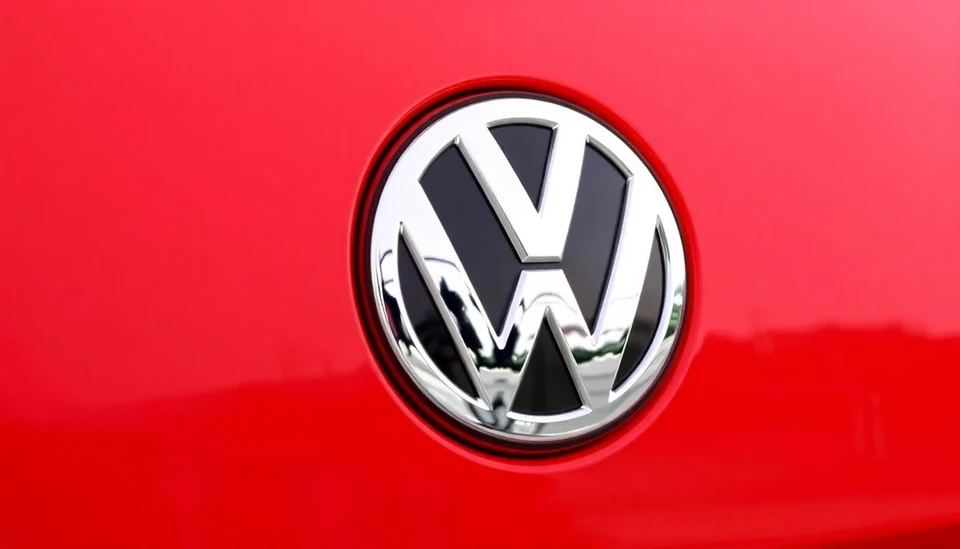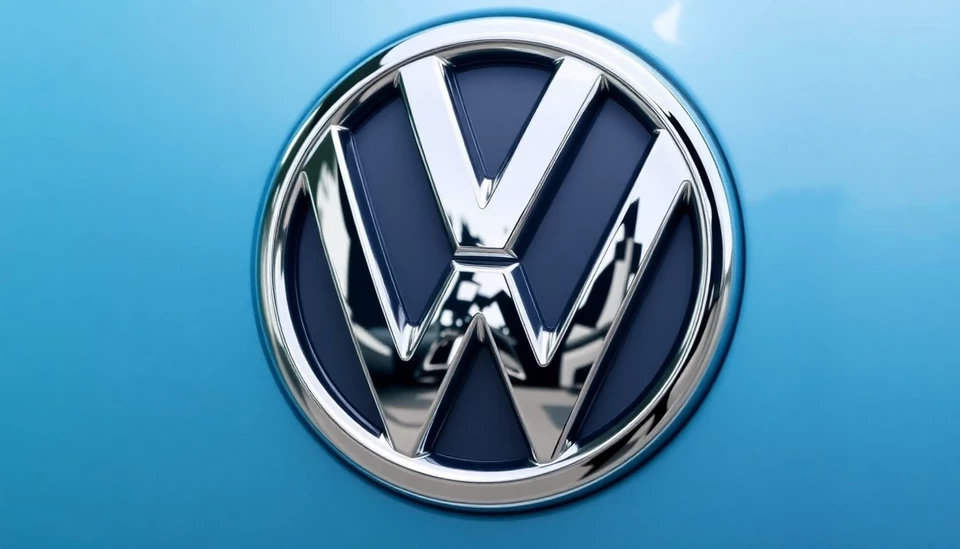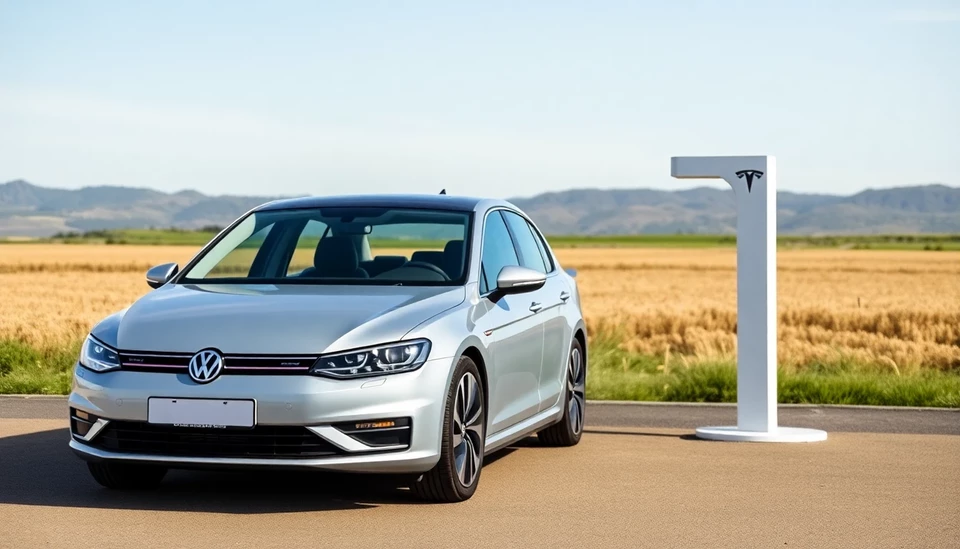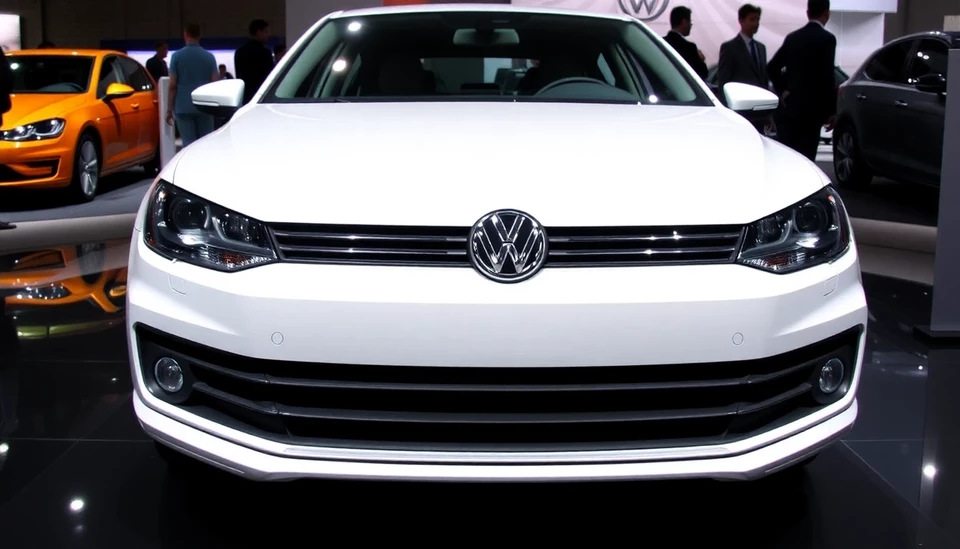
The Volkswagen Group's second warning on profits in a couple of months is sending shockwaves across the car sector, casting aspersions over the health and outlook of the company. Indeed, the decline of the German car manufacturer is now increasingly evident with the company beset by eroding margins and persistent operational pressures.
This newest profit warning by Volkswagen comes amidst tough market conditions faced by the carmaker, issues that range from supply chain to escalating costs. The company has drastically reduced its forecast profit for the year. The projected operating profit margin by the car maker is expected to drop from a previously anticipated 7-8% to a much bleaker 4.7-5.7%.
This revision downward is much more disturbing since it's the second successive quarter when Volkswagen failed to meet financial targets. Significantly, this comes at a time when the global automotive sector is already reeling from the economic impact of the COVID-19 pandemic.
The company said the European automotive market remained difficult due to the fact that already-known semiconductor shortages and now-increasing material costs further worsened the situation. Those factors have affected not only production but also price increases, making it hard for Volkswagen to be competitive within a very fragmented market.
Herbert Diess, the chief executive of Volkswagen, painted a rather dim financial picture for stakeholders recently. "We certainly are aware of the challenges we face," he said. "Our immediate focus has to be on operational efficiency and cost management to navigate these turbulent times."
Yet, these assurances notwithstanding, investor confidence seems to have been badly mauled. Shares of Volkswagen plunged 4% and mirrored a broader loss of faith that the manufacturer would recover anytime soon. Now analysts are wondering if Volkswagen has what it takes to keep its position among the world's top automakers or head into a tailspin.
Then there is the issue of increasing competition from nimbler electric carmakers like Tesla. The fact that it entered the EV market relatively late and the poor sales of its electric ID series have further deteriorated Volkswagen's prospects on its road to long-term viability. Investors and market watchers ask for more concrete steps to start making changes in its strategy.
To add to this, Volkswagen does have to face some regulatory challenges. Stricter emissions laws in Europe and other major markets are forcing the company to accelerate its electric-vehicle transition-a shift that requires huge investments and carries higher initial costs. This again squeezes an already thin margin, increasing financial stress.
What adds to the crisis is the fact that labor unions in that firm have also started criticizing the manner in which management has dealt with the crisis. There grows unease among the workforce, so much so that there is really a fear of industrial action being taken, further causing disturbance in the already very fragile line of production.
The road ahead seems uphill for Volkswagen, with challenges opening on several fronts. This needs rectification on many dimensions without further loss of time, including restructuring and innovative strategies to regain lost ground and restore investor confidence. A single mistake at this stage can be disastrous for the long-established carmaker, signaling a possible fall from its historic stature.
The next few months would be very critical for Volkswagen in its fight to stabilize its financial footing and regain its standing in the competitive landscape. How the company maneuvers this critical period is closely watched by all-stakeholders, competitors, and watchers.
#Volkswagen #ProfitWarning #CarmakerInDecline #ElectricVehicles #MarketChallenges #InvestorConfidence #SupplyChainIssues
Author: Rachel Greene
